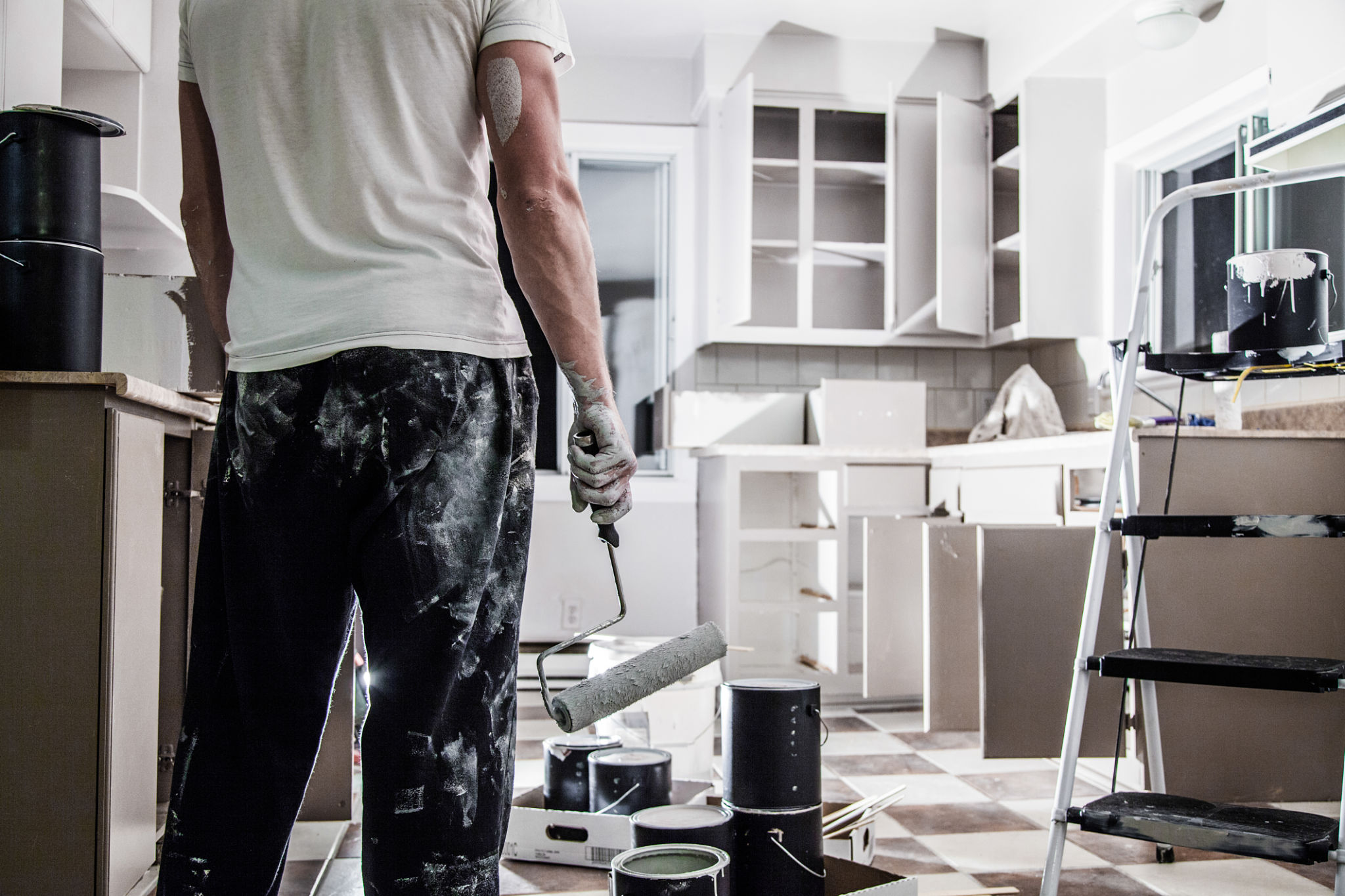Common Home Renovation Mistakes and How to Avoid Them
Planning and Budgeting Mistakes
One of the most common mistakes homeowners make during renovation is inadequate planning and budgeting. Without a detailed plan, projects can quickly spiral out of control, leading to overspending and incomplete renovations. To avoid this, create a comprehensive plan that outlines the scope of the project, materials needed, and a realistic budget. It’s also wise to add a buffer of about 10-20% to your budget for unexpected expenses.
Before starting, research costs associated with materials, labor, and permits. Consulting with professionals can provide valuable insights into potential expenses you might not have considered. By planning meticulously, you can avoid financial surprises and keep your renovation on track.

DIY vs. Professional Help
Another pitfall in home renovation projects is overestimating your own capabilities. While DIY projects can be satisfying and cost-effective, they aren’t always the best choice for complex renovations. Attempting to tackle tasks outside your skillset can lead to subpar results and costly repairs down the line.
To determine whether to DIY or hire a professional, evaluate your skills honestly and consider the complexity of the project. For specialized work like electrical or plumbing, it’s usually best to hire a licensed professional to ensure safety and compliance with local codes.

Ignoring the Importance of Permits
Neglecting to obtain necessary permits is a mistake that could result in costly fines or even require you to undo completed work. Many homeowners either overlook this step or intentionally skip it to save time and money. However, permits are essential for ensuring that renovations adhere to safety standards and zoning laws.
Before starting any major renovation, check with your local building department to determine which permits are required. Although it might seem cumbersome, securing the right permits will protect you from future legal issues and ensure your project’s integrity.
Underestimating Time Requirements
Renovations often take longer than anticipated due to unforeseen challenges such as weather delays, supply chain issues, or changes in design plans. Homeowners frequently underestimate the time required to complete a project, resulting in frustration and disrupted schedules.
Set realistic timelines by consulting with contractors and considering potential delays. It’s better to overestimate the duration of a project than to feel pressed for time. This approach helps in managing expectations and reduces stress throughout the renovation process.

Choosing the Wrong Materials
Selecting materials based solely on appearance or price can lead to regrets down the line. Poor-quality materials may not withstand wear and tear, while trendy choices might quickly become outdated. It’s crucial to balance aesthetics with durability and functionality when choosing materials for your home.
Conduct thorough research and seek advice from professionals or experienced friends who can recommend suitable options for your specific needs and lifestyle. Investing in high-quality materials can enhance your home’s value and longevity.
Overlooking Small Details
Sometimes, homeowners focus so much on major elements that they overlook small yet significant details like lighting, hardware, and paint finishes. These elements can dramatically affect the overall look and feel of a space.
Pay attention to these finer details by creating a checklist of all components involved in your renovation. Consider how each element will contribute to the overall design and functionality of the space.

Poor Communication with Contractors
A lack of clear communication with contractors can lead to misunderstandings, errors, and dissatisfaction with the final result. It’s essential to establish open lines of communication from the outset and maintain them throughout the project.
Hold regular meetings with your contractor to discuss progress, address concerns, and make any necessary adjustments. Ensure that every aspect of the project is documented in writing to prevent disputes later on.
Neglecting Future Needs
Finally, failing to consider future needs during renovations can lead to inconvenience as your lifestyle changes. Whether it’s accommodating a growing family or planning for aging in place, it’s important to think ahead.
Consider how your needs might evolve over time and incorporate flexible design solutions that offer adaptability. This foresight can save you from needing further renovations in the near future.
